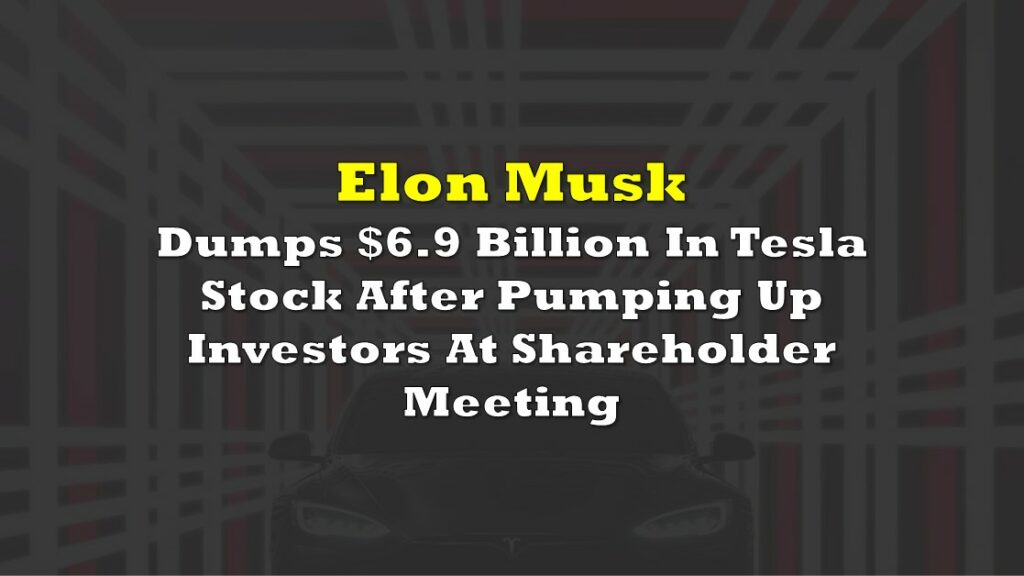CEO and co-founder Elon Musk announced in December that Neuralink is confident it would begin human clinical trials of the wireless brain chip in six months — something he has been saying for a while. He later emphasized that the timeline is largely dependent on the approval process of the Food and Drug Administration (FDA).
Now, it’s been revealed that the company didn’t seek permission from the FDA until early 2022, around six years since it started its work.
The catch: the regulatory agency disapproved the firm’s application, seven current and former employees told Reuters.
Neuralink is working super hard to ensure implant safety & is in close communication with the FDA. If things go well, we might be able to do initial human trials later this year.
— Elon Musk (@elonmusk) February 1, 2021
The FDA cited dozens of flaws the business must address before human testing, a major milestone on the way to ultimate product clearance, in explaining the decision to Neuralink. The agency’s biggest safety concerns revolved around the device’s lithium battery, the possibility of the implant’s small wires migrating to other areas of the brain, and whether or not the device could be withdrawn without injuring brain tissue.
Neuralink is still working through the agency’s issues a year after the rejection. Three employees expressed skepticism that the firm would be able to overcome the concerns fast, despite Musk’s latest promise during a Nov. 30 presentation that the company will obtain FDA human-trial approval this spring.
We are now confident that the Neuralink device is ready for humans, so timing is a function of working through the FDA approval process
— Elon Musk (@elonmusk) December 1, 2022
Neuralink has not revealed any information about its trial application, the FDA’s denial, or the scope of the agency’s concerns. It is not obligated to report such regulatory interactions to investors because it is a private corporation.
According to the experts, the rejection raises the stakes and complicates the company’s subsequent bids for trial permission. Over the last three years, the FDA claims to have cleared roughly two-thirds of all human-trial petitions for devices on the first try. After a second examination, that figure increased to 85% of all requests. Firms, however, sometimes stop after three efforts to overcome FDA concerns rather than investing more time and money in costly research.
Yet, Musk has the complete trust of many committed Neuralink employees as well as some industry investors, who point to his previous triumphs in taking on difficult challenges as the founder of Tesla and rocket-builder SpaceX.
“I definitely would never bet against him,” said Bob Nelsen, co-founder of venture capital firm ARCH Venture Partners, who said he invested personal money into Neuralink. “If he has some bumps in the road with Neuralink, or any other thing, he’ll regroup and figure it out … Just think about it: Those are hard industries with huge safety barriers – cars and rockets.”
this just in: area bagholder is confident that his illiquid, impossible to sell share will *not,* in fact, be written down to zero. great reporting there, reuters https://t.co/Dq7iFrE03B pic.twitter.com/hvEgOBh9L6
— Dr Buck, Harvard Lecturer (@eriz35) March 2, 2023
Musk has stated that his brain implant firm, Neuralink, will enable the disabled to walk, the blind to see, and people to someday become cyborgs.
“I could have a Neuralink device implanted right now, and you wouldn’t even know,” Musk said at the Nov. 30 presentation, a livestreamed “show and tell” event. “You’ll be able to save and replay memories…. The future is going to be weird.”
According to four sources familiar with the private valuation, Neuralink’s projected worth of more than $1 billion is much more than that of its competitors, thanks to Musk’s ambitious rhetoric.
Back in December, Neuralink was reportedly being investigated by the federal government for alleged animal-welfare violations, despite internal staff complaints that its animal testing is rushed.
The company has killed around 1,500 animals, including more than 280 sheep, pigs and monkeys following studies since 2018. Because the company does not keep precise statistics on the number of animals tested and killed, the sources described that figure as an approximate estimate.
Such FDA rejections do not necessarily imply that a company will fail to obtain human-testing approval from the agency. But, the agency’s response indicates serious reservations, according to experts.
Information for this briefing was found via Reuters and the sources and companies mentioned. The author has no securities or affiliations related to this organization. Not a recommendation to buy or sell. Always do additional research and consult a professional before purchasing a security. The author holds no licenses.









